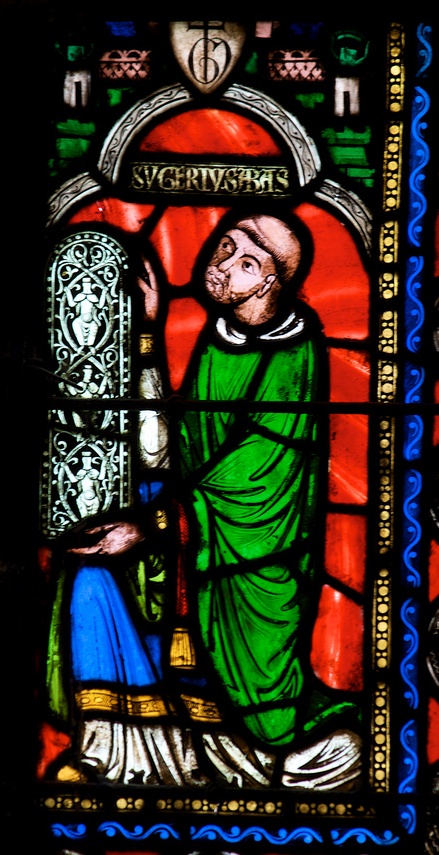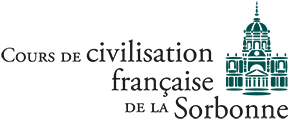Literary Classics for Learning French
Learning French isn’t just about mastering grammar and vocabulary it’s also about diving into the world of literature, one of France’s most treasured cultural legacies. Reading classic authors means discovering a language rich in nuance, while also gaining insight into the mindsets, debates, and sensibilities of different eras. At CCFS, we encourage our students to immerse themselves in these iconic works, as they serve both as linguistic learning tools and as windows into French culture.
In this article, we present a fresh selection of classic texts—novels, poetry, and theater—that help learners improve their French while exploring true literary treasures.
Stendhal – The Red and the Black
Published in 1830, this major 19th-century novel tells the story of Julien Sorel, a young man of humble origins who dreams of glory and success. Through his romantic entanglements and ambitions, Stendhal paints a striking portrait of post-Napoleonic French society.
For French learners, this novel is an excellent opportunity to expand vocabulary across various domains: character psychology, politics, social life, and romance. Stendhal’s style, both clear and profound, helps develop analytical reading skills and teaches how to identify the subtleties of literary language.
Jean Racine – Phèdre
If you want to discover the beauty of classical theater, Phèdre is a must-read. Racine, one of the greatest playwrights of the 17th century, explores human passions with overwhelming intensity.
Written in alexandrines, the play presents an exciting linguistic challenge. Reading Racine means getting used to elevated vocabulary, classical French syntax, and the musicality of verse. For students, it’s also a great way to grasp the foundations of French tragedy and understand the central role of theater in the culture of the time.
Voltaire – Candide
Short, lively, and full of humor, Candide is an 18th-century masterpiece. This philosophical tale follows the journey of Candide, a naïve young man confronted with the absurdities and injustices of the world. Beneath the adventure story, Voltaire invites readers to reflect on the human condition and the pursuit of happiness.
For learners, this text is accessible and highly engaging. Voltaire’s simple and ironic style makes reading easier and allows for rapid progress. Moreover, the work offers a glimpse into Enlightenment ideas—a key movement for understanding France’s cultural and intellectual history.
Jean de La Fontaine – Fables
Who doesn’t know The Fox and the Crow or The Ant and the Grasshopper? These charming and wise little verse stories are ideal for French students.
Fables help with both pronunciation, thanks to their musicality, and comprehension, thanks to their short and clear narratives. They also convey universal values, making them accessible and captivating for all readers. By memorizing these texts, students can improve diction and discover the beauty of poetic language.
Madame de La Fayette – The Princess of Cleves
Published in 1678, this novel is considered the first major psychological novel in French literature. Through the story of the Princess of Cleves, torn between duty and passion, Madame de La Fayette subtly depicts life at the court of Henry II.
For students, this text offers immersion in elegant and refined classical language. It helps develop vocabulary related to emotions, court life, and human relationships. It’s also an excellent read for understanding the values and social codes of the 17th century.
Guy de Maupassant – The Horla
Maupassant is a master of realistic and fantastic short stories. The Horla tells the disturbing tale of a man haunted by an invisible presence, in a style that is both simple and effective.
This short and gripping text is especially suited to students who want to improve without being overwhelmed by a long novel. It introduces a different literary register—strangeness and the supernatural—and explores vocabulary related to sensations, fear, and madness.
Paul Verlaine – Romances sans paroles
Verlaine’s poetry is renowned for its musicality and delicacy. In Romances sans paroles, the verses express intimate emotions and light or melancholic atmospheres.
Reading Verlaine means becoming familiar with the sounds of French, enriching poetic vocabulary, and developing linguistic sensitivity. The poems, short and rhythmic, are perfect for practicing pronunciation and discovering another dimension of the language—its power to move and to sing.
These works, each unique in style and era, are gateways to the French language. They offer students direct contact with the richness of written expression and serve as a valuable complement to language courses.
At CCFS, we believe literature is much more than a teaching tool—it’s a bridge to French culture, a way to understand the spirit of a people and to share their emotions. By reading the great authors, you’ll improve your French while experiencing a truly unique cultural journey.








